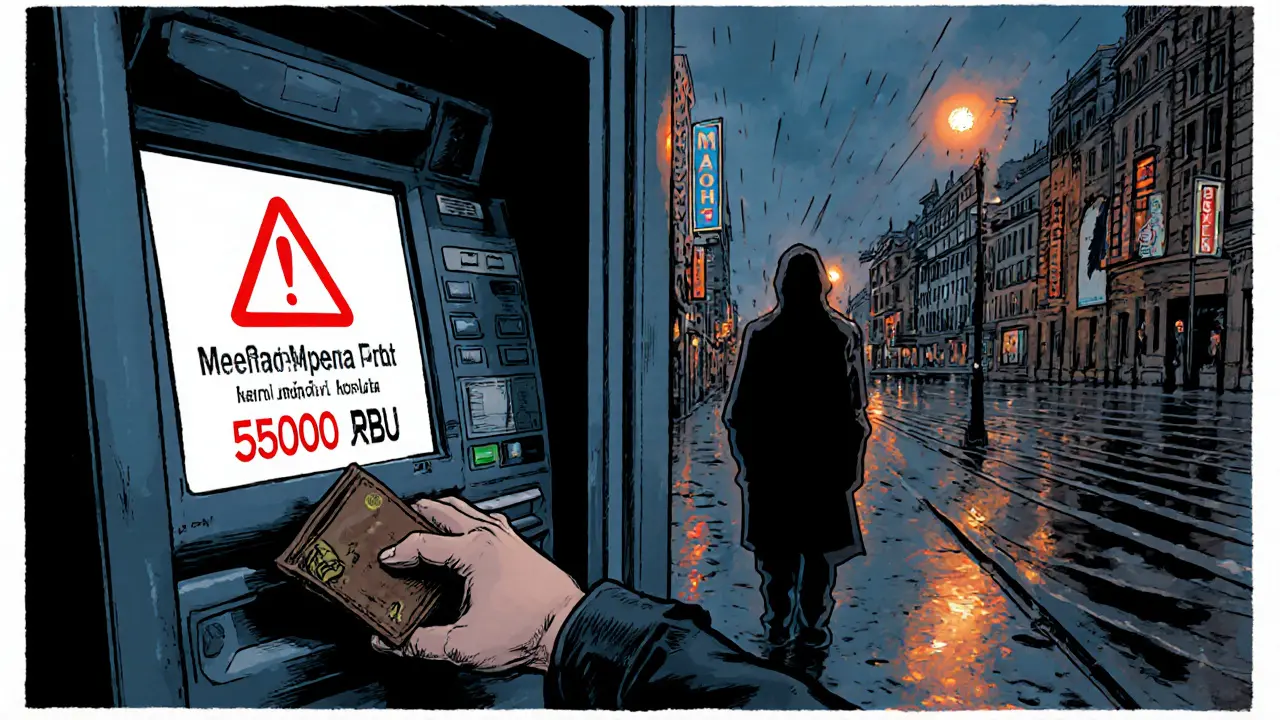Bitcoin Trading Russia: What You Need to Know
When you hear Bitcoin trading Russia, the act of buying, selling or transferring Bitcoin within the Russian legal and market framework. Also known as BTC trading in Russia, it sits at the crossroads of fast‑moving crypto markets and a regulatory environment that’s still finding its shape. This guide breaks down the key pieces you’ll run into, so you can trade with confidence instead of guesswork.
Regulatory Landscape That Shapes Every Trade
The first thing any trader bumps into is the Russian cryptocurrency regulations, the set of laws and supervisory rules governing digital assets in the Russian Federation. The Federal Law 221‑FZ, updated in 2025, creates a pilot framework for digital assets, demands AML/KYC checks, and forces exchanges to register with the Central Bank. In practice, this means you’ll see stricter identity verification, limits on high‑frequency trading, and mandatory reporting of large Bitcoin moves. These rules directly influence Bitcoin trading Russia by defining who can operate, what services are allowed, and how risk is managed.
Another layer comes from the cross‑border Bitcoin payments, the use of Bitcoin to settle international transactions under Russian law. The 2025 pilot lets businesses send Bitcoin across borders without converting to fiat first, but only if the transaction follows the new licensing scheme and stays within the pilot’s volume caps. This creates a clear semantic link: cross‑border Bitcoin payments require compliance with Russian cryptocurrency regulations, and the two together shape the market’s liquidity and price behavior.
Because of these rules, many traders wonder how to choose a platform. That’s where crypto exchange licensing in Russia, the official approval process that exchanges must pass to operate legally in the country comes into play. Licensed exchanges like Tokocrypto or P2B have passed security audits, hold the required capital reserves, and provide transparent fee structures. Unlicensed venues may offer lower fees but carry higher risk of sudden shutdowns, frozen assets, or hidden premiums that can eat into profits. The licensing status directly affects market premiums in banned jurisdictions – a semantic triple that underscores why you should prioritize regulated exchanges when trading Bitcoin in Russia.
Tax treatment adds another twist. The Bitcoin tax rules in Russia, the fiscal obligations for individuals and businesses dealing with Bitcoin, including reporting and capital gains obligations require you to declare any Bitcoin profit on your annual tax return. Failure to do so can trigger fines under the new crypto‑tax enforcement actions introduced in 2025. Understanding the tax timeline, deductible expenses, and the distinction between legal avoidance and illegal evasion helps you stay on the right side of the law while keeping more of your earnings.
All these pieces—regulations, cross‑border payment pilots, exchange licensing, market premiums, and tax rules—form the ecosystem you’ll navigate when you start or scale your Bitcoin trading activities in Russia. Below you’ll find a curated list of articles that dive deeper into each area: the latest DeFi TVL trends, Japan’s regulatory model for comparison, detailed exchange reviews, underground market premiums, and step‑by‑step guides on compliance. Armed with this context, you’ll be ready to pick the right platform, manage risk, and make informed trades without getting caught off‑guard.

Explore how Russia's 2025 crypto banking ban impacts Bitcoin trading, discover practical workarounds like foreign exchanges and stablecoins, and learn long‑term alternatives.
Continue Reading





